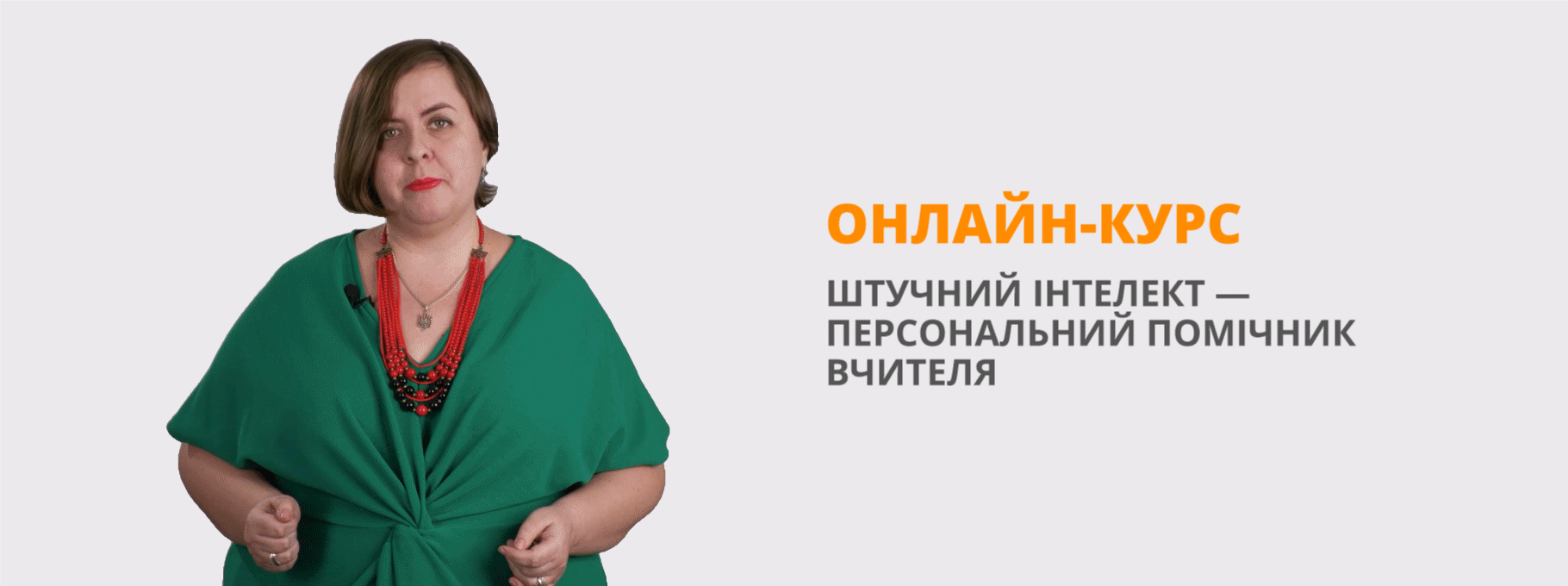Презентація " The noun"
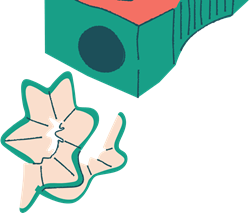

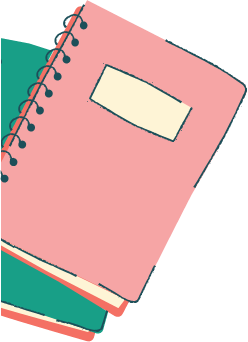
 Grammar for
Grammar for
ZNO


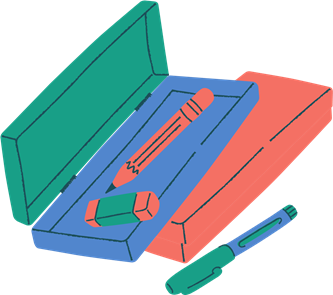
 Lesson 1
Lesson 1
The Noun
(менник)
 Іменники в англійській мові поділяються на
Іменники в англійській мові поділяються на
злічувані (countable) та
незлічувані (uncountable).
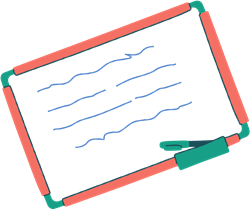
Countable nouns – позначають реч , як ми
можемо порахувати. Мають
форму однини множини. 
English Class | Laredo York Primary School
Форма множини утворюється
за допомогоюClass Objectives and Rules закнчень: •-o з попередньою
- es:
•- y з попередньою приголосною, то y – i + es :
•Fly – flies
•Baby – babies •Cherry – cherries
•-s; -ss; – sh; –ch; –tch; -x :
•Bunch – bunches
•Box – boxes
•Glass – glasses
приголосною:
•Potato – potatoes
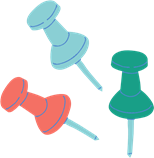 •Tomato – tomatoes •-f / -fe змнюється на –ves:
•Tomato – tomatoes •-f / -fe змнюється на –ves:
•Wife – wives
•Wolf – wolves
-s
у нших випадках:
· Apple – apples
· Pen – pens
· Lake - lakes
BUT ! 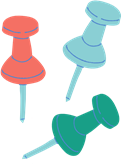
A piano – pianos
A kilo – kilos
A photo – photos
A video – videos
A flamingo – flamingos (es)
A volcano – volcanos
Write the nouns in plural in the correct column.
A flower, a fox, a potato, an orange, a class, a pen, a kitten, a piano, a witch, a house, a chair, a hero, an address, a
 plate, a picture, a brush, a ship, a tree, a bench, a film, a glass, a peach, a video, a window.
plate, a picture, a brush, a ship, a tree, a bench, a film, a glass, a peach, a video, a window.
-s -es

Irregular plural forms
 man – men;
man – men;
woman – women; child – children; ox – oxen;
 mouse – mice; louse – lice; foot – feet;
mouse – mice; louse – lice; foot – feet;
tooth – teeth; goose – geese.
The same singular and plural form
one sheep – two sheep; a deer – two deer; a bison – five bison; a moose – three moose;
a swine – several swine;
a fish – two fish; a salmon – several salmon; 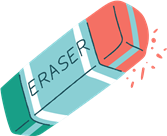
|
a dozen – two dozen; an aircraft – two aircraft; a means – means; a series – two series; a species – different species; |
a headquarters – headquarters; a crossroads – crossroads; an alms – alms; a gallows – gallows; a barracks – barracks. |
a corps – corps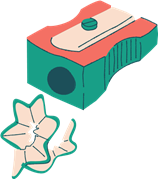 ;
; 
Nadia Sehelyn/Grammar for ZNO
Write the plural of the nouns.
1) A watch, a dish, a lamp, a fish, a radio, a knife, a bird, a deer, a day, an index, a

 woman, a play, a pocket, a horse, an activity, a foot, a wolf, a bus, a key, a mouse. 2) A hen, a fruit, a strawberry, a cup, a test, a bell, a dictionary, a man, a city, a fox, a child,
woman, a play, a pocket, a horse, an activity, a foot, a wolf, a bus, a key, a mouse. 2) A hen, a fruit, a strawberry, a cup, a test, a bell, a dictionary, a man, a city, a fox, a child,
a song, a leaf, a sheep, an orange, a goose, a game, an ox, a potato.
Only in the plural
 jeans; trousers, pants, slacks; shorts, tights, breeches;
jeans; trousers, pants, slacks; shorts, tights, breeches;
pajamas, briefs, panties;
scissors, pliers, tongs, pincers, forceps; glasses / spectacles.
People, police, clothes, stairs 
Складн менники утворюють множину рзними шляхами:
|
додається до основного слова:
brother-in-law — brothers-in-law |
у складному слов немає менника, то зак нчення -s додається до останньої частини слова:
|
 1)Як правило, 2) Якщо основний закнчення -s менник йде останн й або
1)Як правило, 2) Якщо основний закнчення -s менник йде останн й або
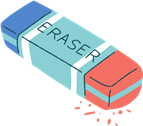 lady-bird – lady-birds
lady-bird – lady-birds
English Class | Laredo York Primary School
We use singular forms
Форму однини використовуємо:
З менниками, що закнчуються на –ics (athletics, mathematics, politics) :
![]()
![]()
![]()
![]()

Athletics is my favourite kind of sport. З назвами захворювань ( flu, pneumonia), включаючи т , що закнчуються на –s:
Pneumonia is a serious illness.
Коли говоримо про кльксть грошей, промжок часу, вдстань, вагу т.д.:
Three years is a long time to be unemployed.
З групою людей у значенн одного цлого (family, team, group, class, company):
My family is very important for me.
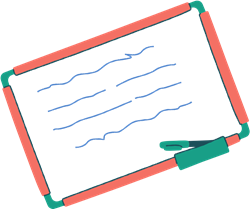
Uncountable nouns – менники, як ми не можемо порахувати, тому не мають форми множини. 
English Class | Laredo York Primary School
Tипи незлчуваних менникв:
·Abstract nouns: beauty, humor, happiness, knowledge, education, freedom, help, love. ·Material nouns: gold, wood, silver, crystal, plastic, porcelain.
 ·Many types of food: bread, butter, meat, fish, flour, cheese, spaghetti.
·Many types of food: bread, butter, meat, fish, flour, cheese, spaghetti.
Liquids: water, soda, coffee, oil, tea, lemonade.
·Kinds of sport and games: football, golf, poker. ·Weather: snow, fog, rain. ·Others: news, advice, information, weather, furniture, luggage, baggage, hair accommodation, behavior, equipment, fun, rubbish, litter.
Незлчуван менники використовуємо з дєсловом у форм однини:
Sugar is fattening. Не використовуємо з a/an/one/two:
BUT
![]()
![]()
![]()
![]() Ми можемо використовувати a/an/one з незлчуваними менниками у значенн «cup», «glass», «bottle»:
Ми можемо використовувати a/an/one з незлчуваними менниками у значенн «cup», «glass», «bottle»:
I like to drink milk.
Can we have two coffee?
(=2 cups of coffe).
Незлчуван менники завжди у множин , тому ми не додаємо s/-es:
Let me know if you need more information.
|
Countable Enjoy your trip. Have a great There is a hair in my soup! ( одна волосина). I bought a paper to read. (газету). |
Uncountable I can’t wait. I don’t have time. You have got very long hair. (все волосся на голов ). I need some paper to write on. (матерал для письма). There is too much noise. (в |
Did you hear a noise just загальному). now? (особливий шум).
Присвйний вдмнок
![]() (The Possessive case)
(The Possessive case) ![]() Утворюємо за допомогою + до менника ‘s :
Утворюємо за допомогою + до менника ‘s :
the mother’s book.
![]() Якщо менник закнчується на –s, то додаємо тльки ‘ :
Якщо менник закнчується на –s, то додаємо тльки ‘ :
waitress’ duties.
![]() Does your ….. wife speak Spanish well? a) friend; b) friends; c) friends’; d) friend’s.
Does your ….. wife speak Spanish well? a) friend; b) friends; c) friends’; d) friend’s.
![]() What are your ….. names ? a) son’s; b) son; c) sons’; d) sons.
What are your ….. names ? a) son’s; b) son; c) sons’; d) sons.
![]()
![]() Mr. Watson was satisfied with the results of speaking to …fathers. a) Bob’s and Mike’s; b)Bob and Mike’s; c)Bob’s and Mike; d)Bob and Mike
Mr. Watson was satisfied with the results of speaking to …fathers. a) Bob’s and Mike’s; b)Bob and Mike’s; c)Bob’s and Mike; d)Bob and Mike
![]() Mr. Watson was satisfied with the results of speaking to …father. a)Bob’s and Mike’s; b)Bob and Mike’s; c)Bob’s and Mike; d)Bob and Mike
Mr. Watson was satisfied with the results of speaking to …father. a)Bob’s and Mike’s; b)Bob and Mike’s; c)Bob’s and Mike; d)Bob and Mike
Many + countable nouns.
Much + uncountable nouns.
We have got many apples and much butter.
![]() Too many + countable nouns. Too much + uncountable nouns. Мають негативне значення.
Too many + countable nouns. Too much + uncountable nouns. Мають негативне значення.
There are too many cars on the road.
She spent too much money last month.
Some – у стверджувальних реченнях;
Any – у питальних заперечних.
![]() + I have some cheese and ham.
+ I have some cheese and ham.
? Do I have any bread?
-I don’t have any bread.
A little + uncountable nouns
A few + countable nouns
(мало але й достатньо, мають позитивний вдтнок):
This man has a few good friends.
![]() (Цей чоловк має деклька хороших друзв)
(Цей чоловк має деклька хороших друзв)
Few/little (мало й недостатньо, мають негативний або заперечний вддтнок):
I speak little English.
(Я говорю погано по-англйськи)
A lot of = бльш формально
Lots of = здебльшого у розмовному стил
A lot/lots – без of, якщо дал немає менника:
Have you got many photos? Yes, I’ve got a lot.
![]()
Thank you for joining today's class.



про публікацію авторської розробки
Додати розробку
